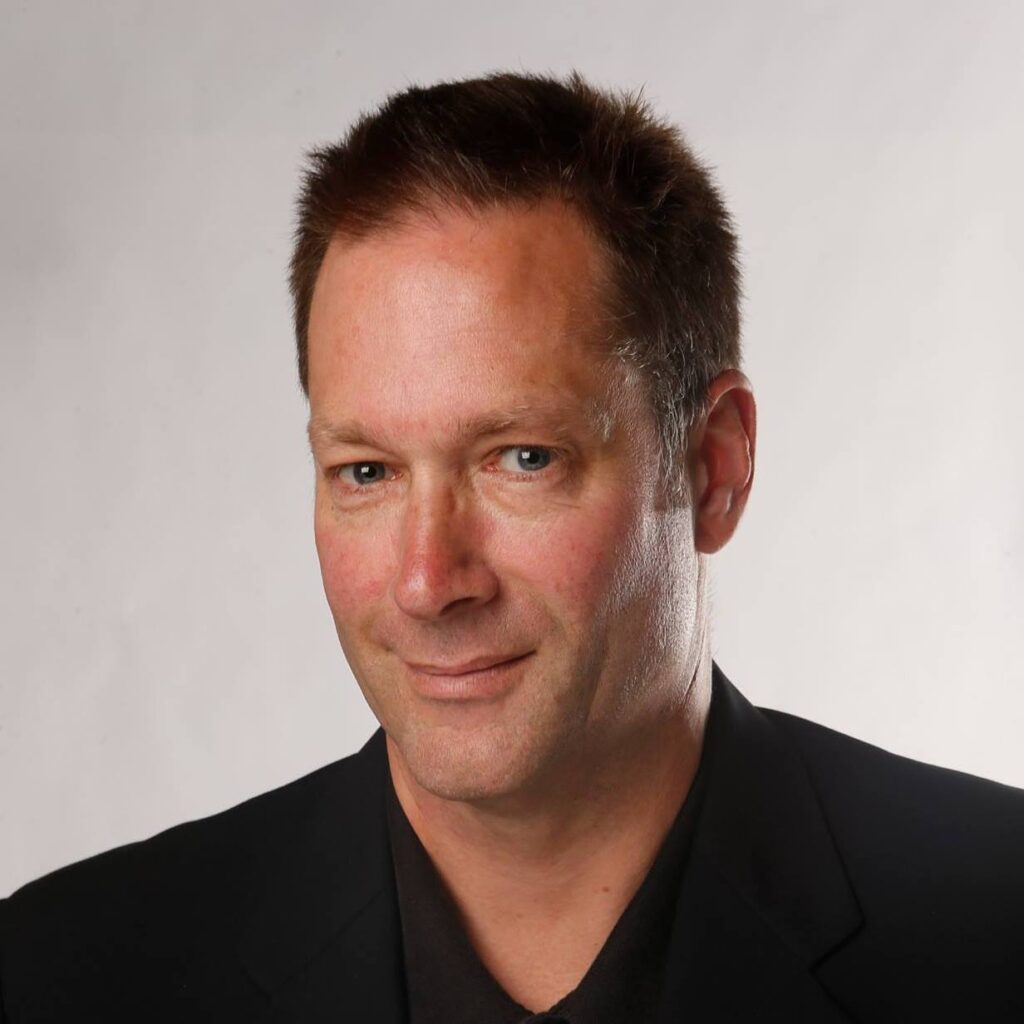Devoted to birds
Louise Shimmel says it’s the year she became known as “the raptor person.”
That was 1987, back when Shimmel began taking care of injured birds of prey — eagles, hawks, falcons, ravens, etc. — at her south Eugene duplex.
The raptors were part of Shimmel’s work at Willamette Wildlife Rehabilitation, a Eugene nonprofit agency that rescues everything from birds to bobcats.
In 1990, Shimmel created her own nonprofit group, Cascades Raptor Center, and continued working out of her home.
That was 25 years ago.
Since then, the center, which in 1994 moved to a wooded hillside off Fox Hollow Road on property purchased from the city of Eugene for $107,000, has grown into an organization with seven full-time and two part-time employees, more than 100 volunteers, and an annual budget of $565,000.
“I’m really pleased,” the 66-year-old Shimmel says, sitting in her office with the framed portraits of American bald eagles and other raptors. “I’m proud of the fact that we have attracted a cadre of really phenomenal people who will continue this.”
The Stanford University graduate and former Chicago banking officer calls her staff and assorted volunteers “team awesome.” They care for, feed (pieces of dead mice and quail) and train the birds, clean their cages, lead tours and educate the groups that come through.
“I’m proud of what I’ve accomplished and how my staff is beginning to get involved on a national level,” Shimmel says.
She says the center’s education director, Kit Lacy, is on the International Avian Trainers and Educators Association’s board, and Laurin Huse, the center’s assistant director, serves on the board of the International Wildlife Rehabilitation Council.
But Shimmel, the center’s executive director, also is careful to acknowledge “a community of supporters that has supported us for so long.”
That includes seven area veterinarians who volunteer their services to treat the birds, as well as those who have made cash donations and those who have bought memberships and “adopted” some of the 45 resident birds.
Supporters pay $90 to $300 annually, depending on the size of the raptor, and in exchange get their name on the bird’s cage and a year of free membership for anyone in their household.
People of all ages love to meander through and see the magnificent birds.
“The kids really like to see the birds, and it’s fun for the adults, too,” says Courtney Queen of Coburg, who recently brought her daughter, Hazel, who’s almost 2.
“It’s, like, super-exciting anytime one of the birds makes a sound,” says Queen’s friend, Andrea Castelli-McCourt, of Eugene, who also brought her daughter, 1-year-old Emelia.
As the women and their girls eat lunch among attracted yellowjackets, Shimmel sits nearby, tickled by their comments.
This is what she has dedicated her life to, after all.
This is also where she lives.
Shimmel moved into an apartment at the center, housed in the same 1952 building as the center’s gift shop, on New Year’s Day 1994.
And the birds — some of which will spend the rest of their lives here, and some of which are rehabilitated after injury and then released back into the wild — are undoubtedly close to her heart.
Shimmel, a state and federally licensed raptor rehabilitator who in 2011 was given a lifetime achievement award from the National Wildlife Rehabilitation Association, talks to the birds as she makes her way from one enclosure to the next.
“You’re not preening your deck feathers, honey, what’s going on?” Shimmel says to Cikala, a Cooper’s hawk who’s been a resident since 2004, three years after he was found in Southern California with an injury to the right side of his head, most likely caused by flying into a window or a collision with a car.
Asked if she envisioned in 1990 the center as it is today, Shimmel says: “Yeah, I did. I don’t know that it was this detailed, but having the foresight, having the vision.
“But I’m not the best planner in the world, or the most organized person,” she adds.
Drawbacks at the center include a lack of parking and a lack of access for the disabled.
The center is not on flat land and thus not conducive to wheelchairs, which frustrates Shimmel when senior centers call to ask about a visit.
It’s also just outside the Eugene city limits, thus no municipal water supply or sewer service. For two decades now, they’ve relied on two water wells and a septic system.
Shimmel would like to maintain the current property as a rehabilitation center and dreams of building a new educational and viewing property. “And I feel that we’ve made major steps toward that,” she says.

Mark Baker has been a journalist for the past 25 years. He’s currently the sports editor at The Jackson Hole News & Guide in Jackson, Wyo.
